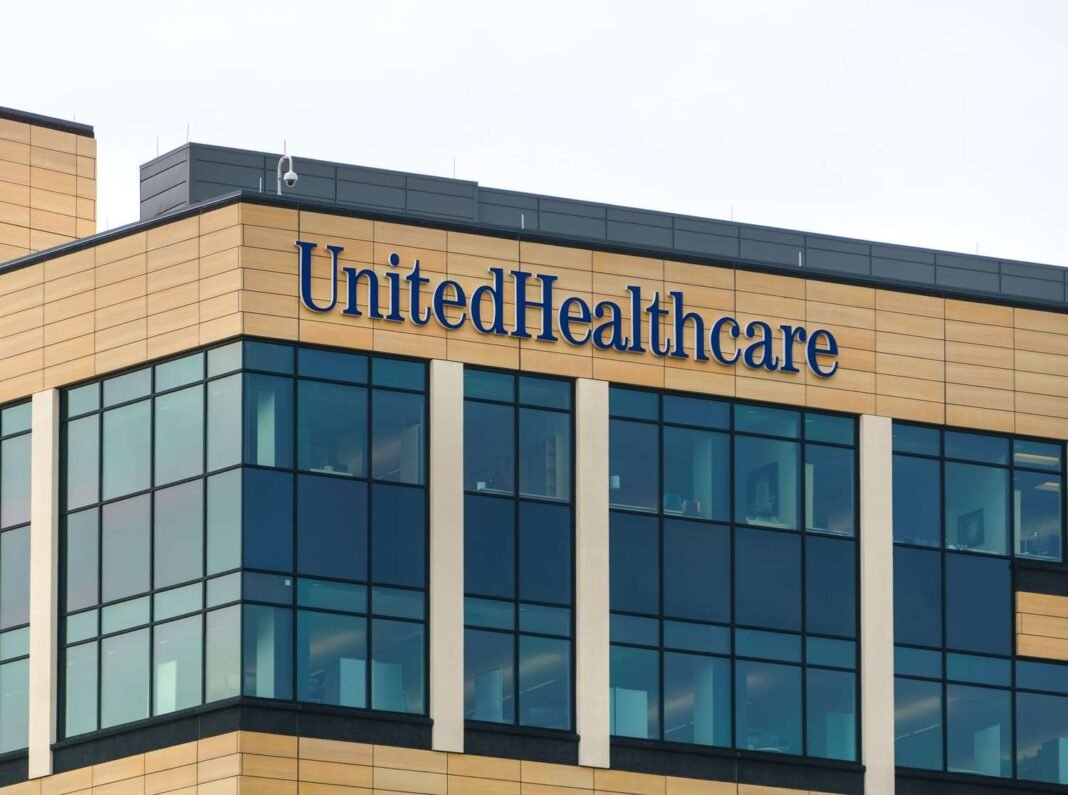UnitedHealth Group (NYSE: UNH), long considered a reliable dividend stock and a pillar of stability in the healthcare sector, is experiencing a dramatic downturn in 2025. Year to date, the stock has plummeted nearly 45%, wiping out much of the gains investors have enjoyed over the past several years. This decline marks the steepest drop for the company since the Great Recession, when its shares tumbled more than 54% in 2008. Investors are now left questioning whether the stock can recover or if further declines lie ahead for the once seemingly unstoppable healthcare giant.
Historically, UnitedHealth has been a strong performer. While the past few years have brought some fluctuations, the stock has typically outperformed the broader market. Outside of a modest 4% decline in 2024, the last annual loss was during the economic turmoil of 2008. Beyond being a safe investment, UnitedHealth has also delivered significant long-term growth. A $10,000 investment in the company’s stock at the end of 2003 would have grown to $181,000 over 20 years. However, the recent downturn has reduced that value to roughly $101,000, highlighting the severity of the current decline despite the stock’s historically strong performance.
The challenges facing UnitedHealth today are multifaceted. Rising medical costs, uncertainty in federal healthcare policy, and a Department of Justice inquiry into the company’s billing practices are creating headwinds that could impact both short- and long-term profitability. While higher utilization rates may only pose temporary pressures, the regulatory scrutiny and potential changes to business practices could have lasting effects. Despite generating a healthy profit of $14.4 billion on $400.3 billion in revenue in 2024, concerns about the company’s growth trajectory are weighing heavily on investors. The situation has been further complicated by a leadership transition, with Andrew Witty stepping down as CEO for personal reasons and former CEO Stephen Hemsley returning to lead the company.
For potential investors, UnitedHealth presents both risks and opportunities. Its current stock price is at levels unseen since 2020, and the company is trading at just 12 times its trailing earnings, which some analysts view as offering a margin of safety. As a major health insurer in the United States with solid fundamentals, UnitedHealth could prove to be a good long-term investment for those willing to be patient. However, near-term volatility and industry uncertainties make it far from a guaranteed rebound.
Financial analysts urge caution. While UnitedHealth has historically been a dependable growth stock, its recent struggles underscore the importance of evaluating broader market and regulatory factors before making investment decisions. The Motley Fool, which provides financial news and analysis, continues to monitor the stock closely but did not include UnitedHealth in its latest top 10 stock recommendations, signaling that investors may want to consider other high-potential opportunities in the near term.
As UnitedHealth navigates these challenges, the coming months will be critical in determining whether the stock can stabilize and regain its former momentum. Investors who maintain a long-term perspective and a tolerance for volatility may find value in buying at current levels, but caution remains warranted in a market environment marked by uncertainty in healthcare policy and corporate governance.


